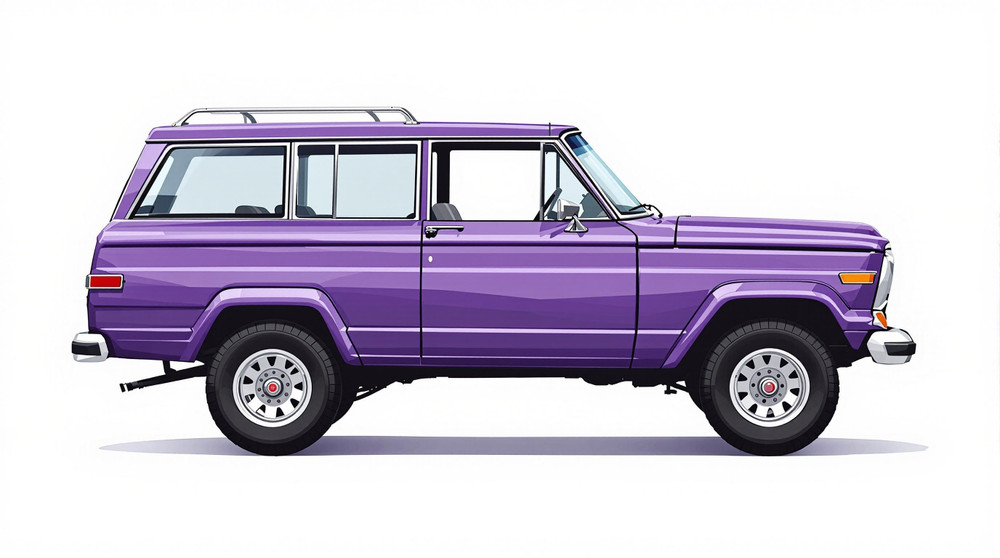Image of 1979 Jeep Wagoneer, Note: These illustrations use artistic license and may differ from actual historical models.
Performance Metrics
Fundamental Metrics
Emotional Appeal
MMP Rating
| Engine Specifications | |
|---|---|
| Engine: | AMC 360 V8 |
| Displacement: | 360 cu in (5.9 L) |
| Horsepower: | 195 hp |
| Torque: | 295 lb-ft |
| Compression Ratio: | 8.5:1 |
| Ignition System: | Electronic Ignition |
| Cooling System: | Liquid-cooled |
| Performance Specifications | |
| 0-60 Time: | Estimated 11 seconds |
| 1/4 Mile Time: | Estimated 18 seconds |
| Top Speed: | 100 mph |
| Transmission and Drive | |
| Drive Type: | 4WD |
| Transmission Type: | 3-speed automatic |
| Fuel and Efficiency | |
| Fuel System Type: | Carburetor |
| MPG: | 10-12 mpg |
| Dimensions and Brakes | |
| Brakes: | Front disc, rear drum |
| Wheelbase: | 109.0 in |
| Weight: | 4,500 lbs |
Note: Specifications for classic cars are given to the best of our ability, considering the limited and variant data available.
The Quintessential American Classic: The 1979 Jeep Wagoneer
The 1979 Jeep Wagoneer is not just a vehicle; it's a rolling testament to rugged luxury and enduring design. Born from the innovative minds at Jeep, a division of American Motors Corporation (AMC), this full-size SUV emerged as a pioneer in combining off-road capability with comfort, setting the stage for the modern SUVs we know today. Among its many accolades, the Wagoneer holds the title of being one of the first four-wheel-drive vehicles equipped with an automatic transmission, revolutionizing the auto industry and cementing its place in history.
Design and Innovation
With its commanding presence, the 1979 Wagoneer's exterior styling exudes a sense of adventure and sophistication. Its broad-shouldered stance, classic seven-slot grille, and woodgrain side panels are instantly recognizable. Inside, passengers are greeted with a cabin that showcases the quality of materials typical of the era, from plush seating to wood veneer accents. Technologically ahead of its time, the Wagoneer featured amenities such as air conditioning and a stereo system that were considered luxuries. The color palette ranged from deep Cherokee Chief Red to the earthy tones of Alpaca Brown, with Classic Black being a popular choice among enthusiasts. While available in various body styles, the four-door station wagon version remains the most iconic and sought-after configuration.
Historical Significance
The 1979 Jeep Wagoneer didn't just ride on roads; it paved them for future generations of SUVs. Its unique blend of utility and luxury set it apart from other vehicles of its time, influencing automotive design for decades. The Wagoneer was more than just a car; it was a cultural icon that redefined what a family vehicle could be, bridging the gap between the rugged outdoorsman and suburban comfort.
Performance and Handling
Under the hood, the 1979 Wagoneer was powered by a range of engines, with the 360 cubic inch V8 being a popular choice. This powertrain enabled a top speed that was respectable for its size and era, and an acceleration that could take it from 0-60 mph in under 20 seconds—a feat for a vehicle of its heft. The Wagoneer's handling was characterized by its Quadra-Trac four-wheel-drive system, which provided confidence on uneven terrain and in inclement weather. Drivers often praised the smoothness of the ride and the throaty rumble of the engine, which contributed to an immersive driving experience.
Ownership Experience
The Wagoneer was versatile enough to serve as a daily driver, a weekend warrior for camping trips, or even as a show car for enthusiasts. Its reliability was commendable, though like any classic vehicle, maintenance and repairs require a certain level of dedication. Fortunately, the simplicity of its design meant that repairs could often be managed by the average owner with some mechanical knowledge.
Fun Facts
Did you know that the Jeep Wagoneer had such a long production run that it spanned four decades? Or that it has ferried numerous celebrities and even appeared in presidential motorcades? Despite its charms, some critics pointed out its thirst for fuel, which was less of an issue during its heyday but became more pronounced during times of fuel crises.
Collector's Information
Today, the 1979 Jeep Wagoneer is a coveted piece for collectors. While exact production numbers are elusive, it's estimated that tens of thousands were produced. As for value, well-preserved models can fetch anywhere from $15,000 to over $30,000 depending on condition and originality, with fully restored examples commanding even higher prices. The market trend shows an appreciation in value as nostalgia and the desire for classic SUVs continue to grow.
Conclusion
The 1979 Jeep Wagoneer is more than just a classic vehicle; it's a symbol of American ingenuity and a precursor to the modern luxury SUV. With its rich history, distinctive design, and robust performance, it continues to captivate enthusiasts and collectors alike. As we look back on this remarkable machine, we're reminded that some legends truly are timeless.
1979 Jeep Wagoneer Catalog of Parts
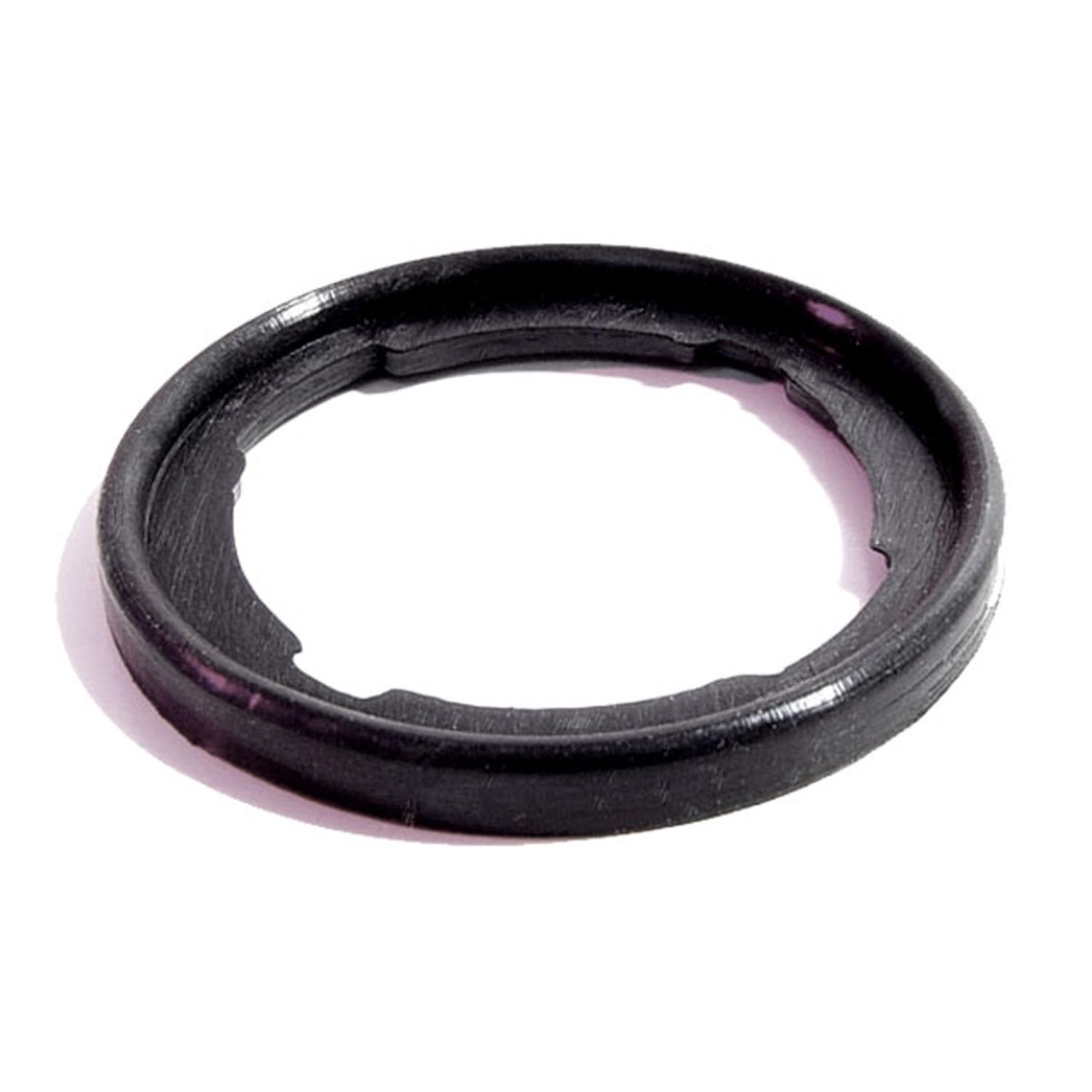 1979 Jeep Wagoneer Door Lock Gasket. Each-MP 1600Door Lock Gasket. Each
1979 Jeep Wagoneer Door Lock Gasket. Each-MP 1600Door Lock Gasket. Each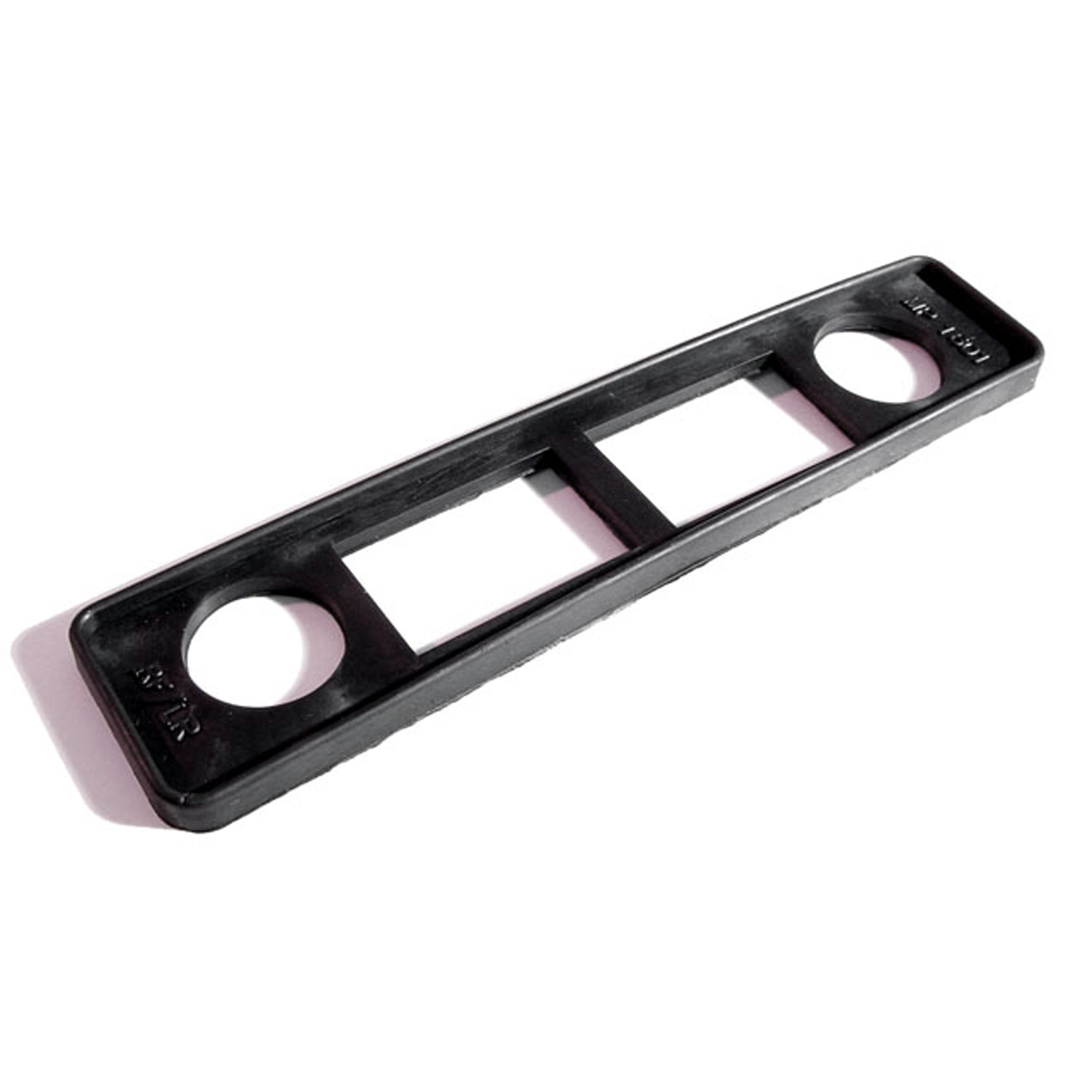 1979 Jeep Wagoneer Roof rack pad. Fits right front or left rear-MP 1601Roof rack pad. Fits right front or left rear. Replaces OEM# J5465665. Each.
1979 Jeep Wagoneer Roof rack pad. Fits right front or left rear-MP 1601Roof rack pad. Fits right front or left rear. Replaces OEM# J5465665. Each.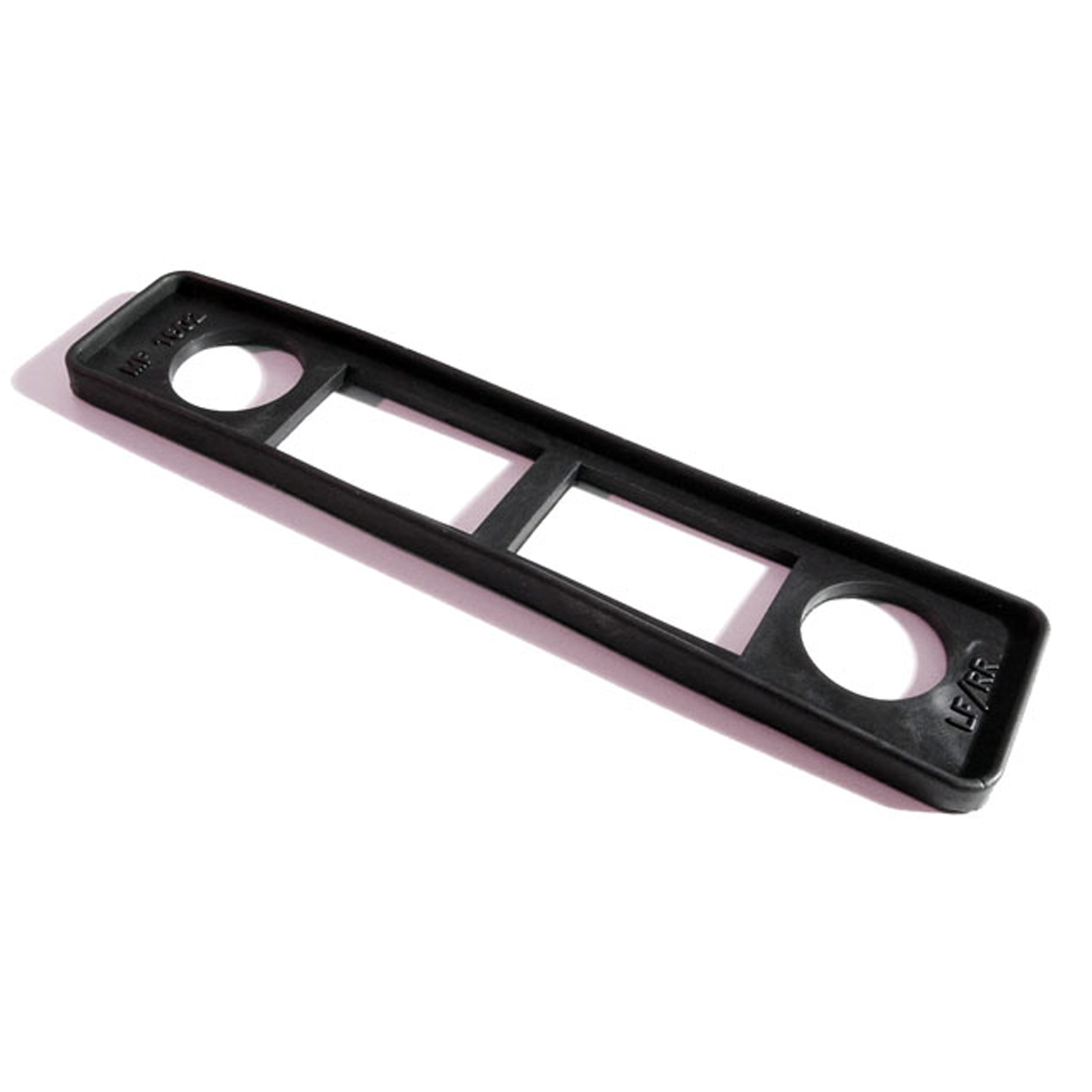 1979 Jeep Wagoneer Roof rack pad. Fits left front or right rear-MP 1602Roof rack pad. Fits left front or right rear. Replaces OEM# J5465666. Each.
1979 Jeep Wagoneer Roof rack pad. Fits left front or right rear-MP 1602Roof rack pad. Fits left front or right rear. Replaces OEM# J5465666. Each.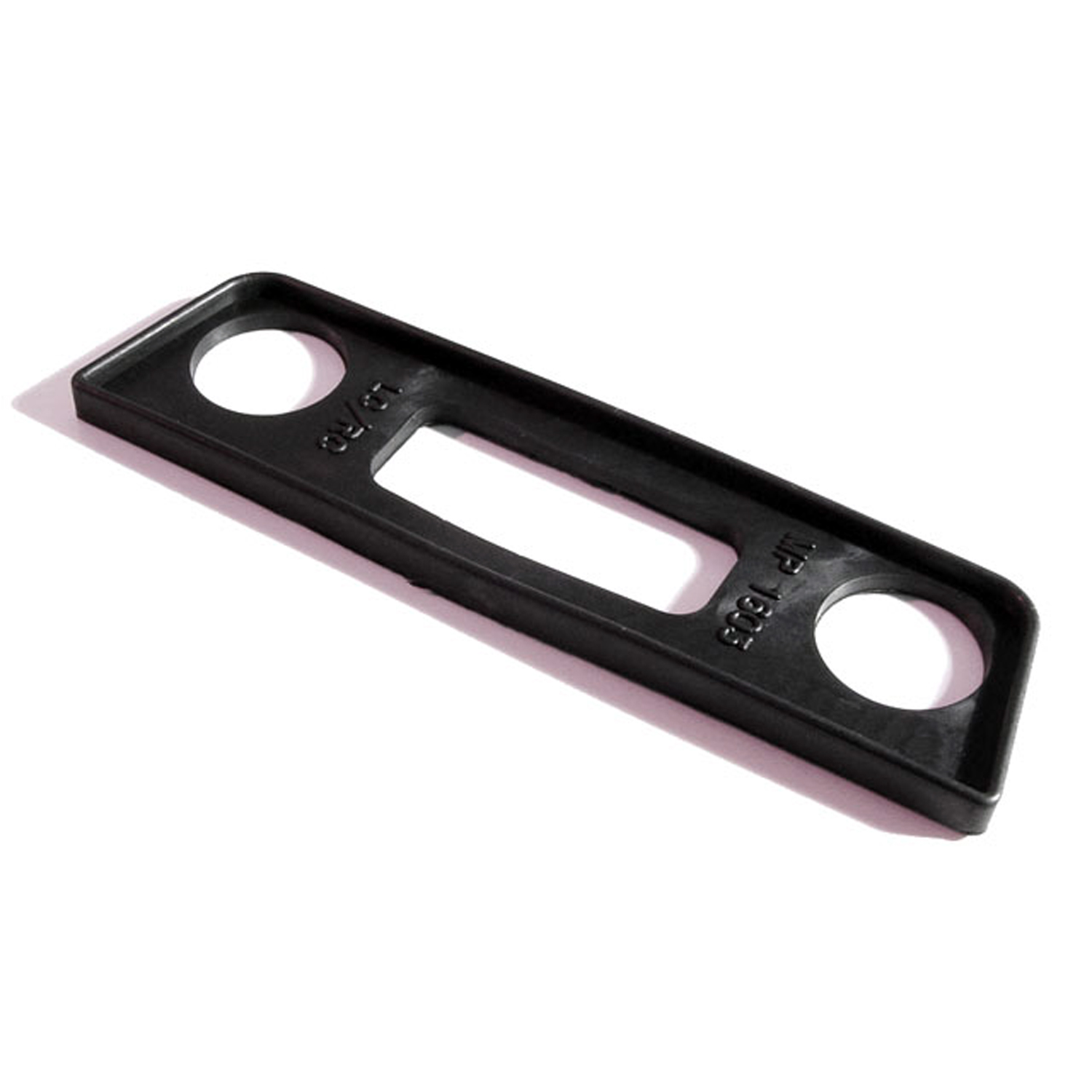 1979 Jeep Wagoneer Roof rack pad. Fits center standee. Replaces OEM# J5465676-MP 1603Roof rack pad. Fits center standee. Replaces OEM# J5465676. Each.
1979 Jeep Wagoneer Roof rack pad. Fits center standee. Replaces OEM# J5465676-MP 1603Roof rack pad. Fits center standee. Replaces OEM# J5465676. Each.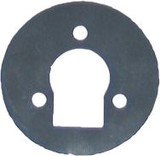 1979 Jeep Wagoneer Tailgate lock base gasket. Replaces OEM# J5465676. Each.-MP 1604Tailgate lock base gasket. Replaces OEM# J5465676. Each.
1979 Jeep Wagoneer Tailgate lock base gasket. Replaces OEM# J5465676. Each.-MP 1604Tailgate lock base gasket. Replaces OEM# J5465676. Each.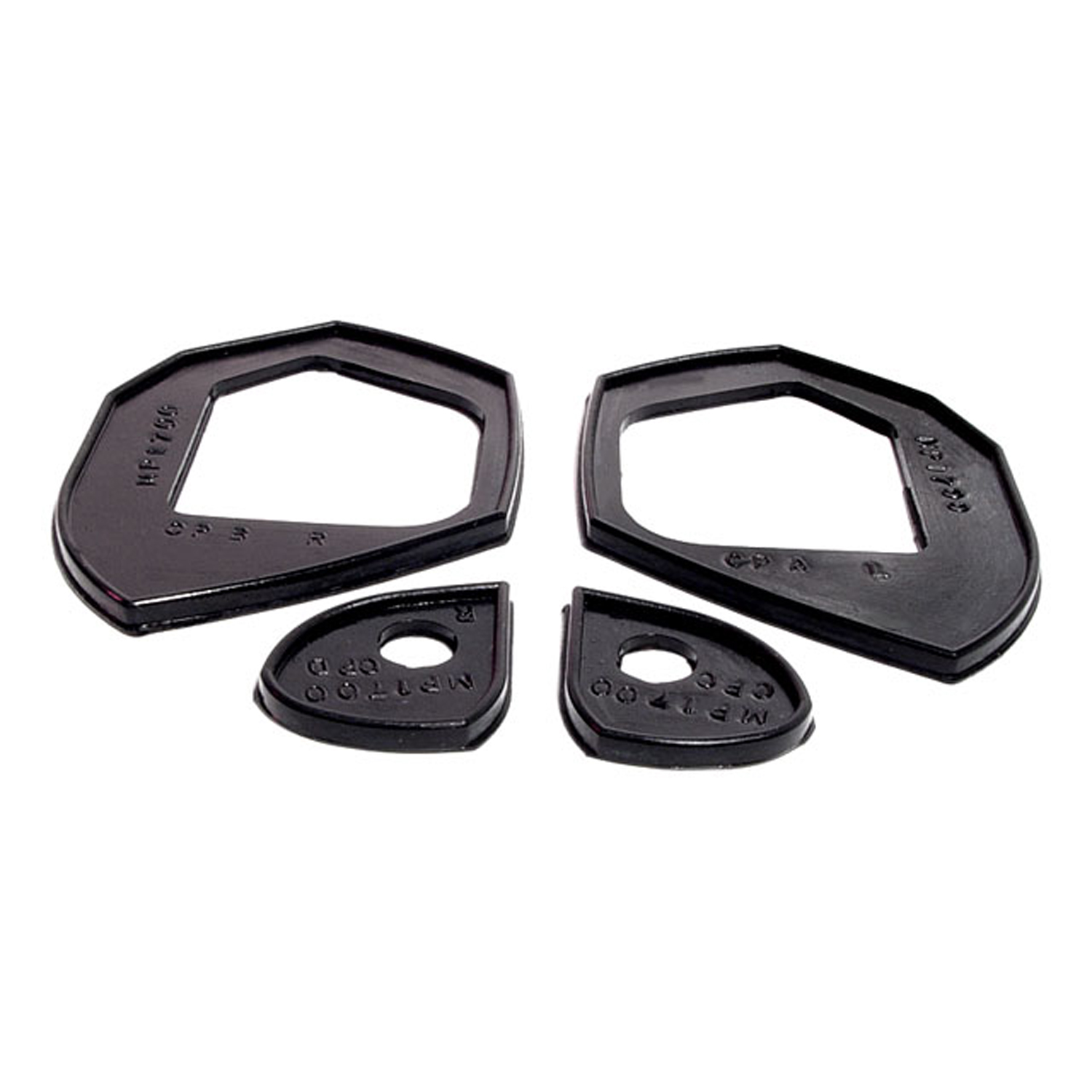 1979 Jeep Wagoneer Door handle mounting pads. 4-piece set. R&L.-MP 1700Door handle mounting pads. 4-piece set. R&L.
1979 Jeep Wagoneer Door handle mounting pads. 4-piece set. R&L.-MP 1700Door handle mounting pads. 4-piece set. R&L.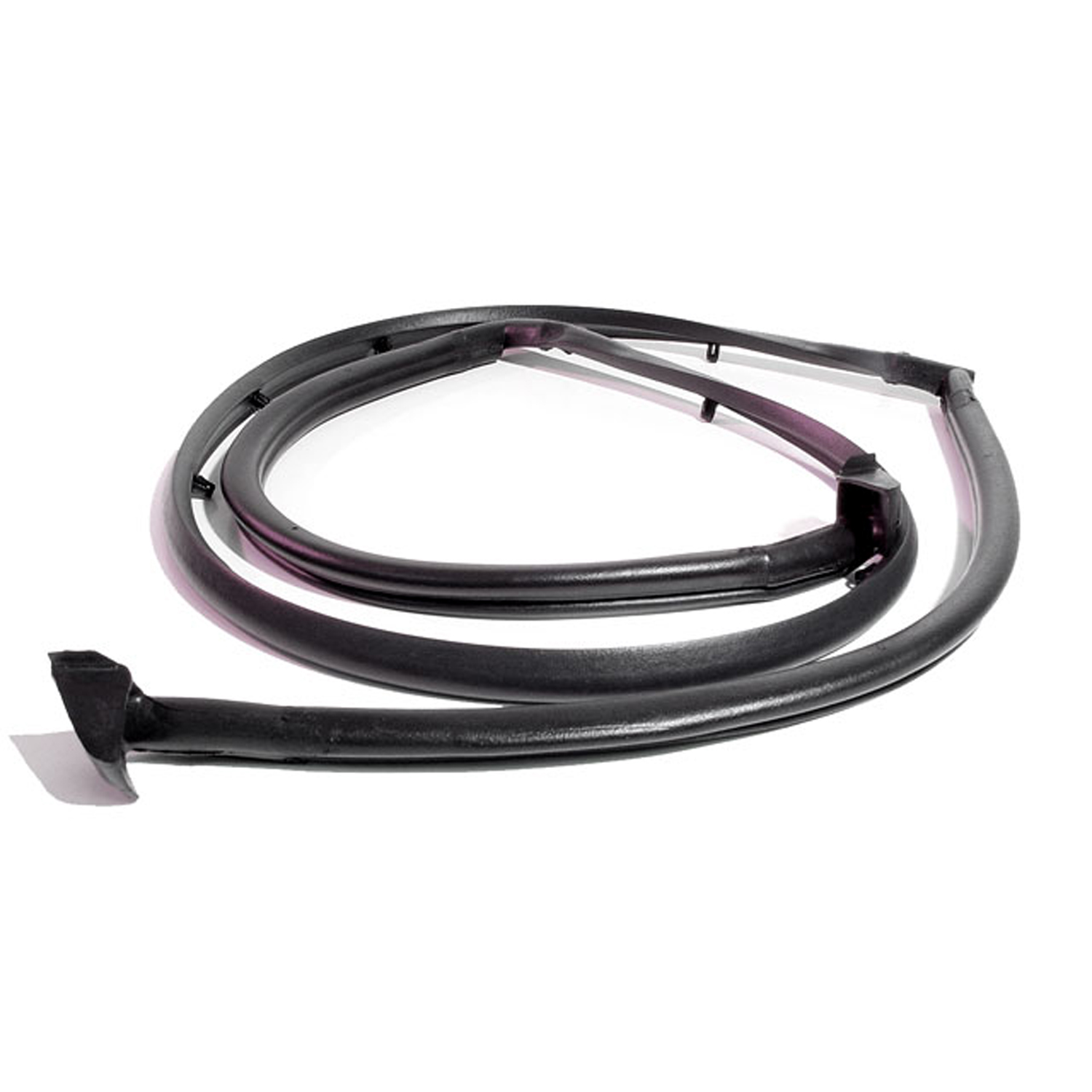 1979 Jeep Wagoneer Lower Tailgate Seal. Replaces OEM #J5451573. Each-TG 91Lower Tailgate Seal. Replaces OEM #J5451573. Each
1979 Jeep Wagoneer Lower Tailgate Seal. Replaces OEM #J5451573. Each-TG 91Lower Tailgate Seal. Replaces OEM #J5451573. Each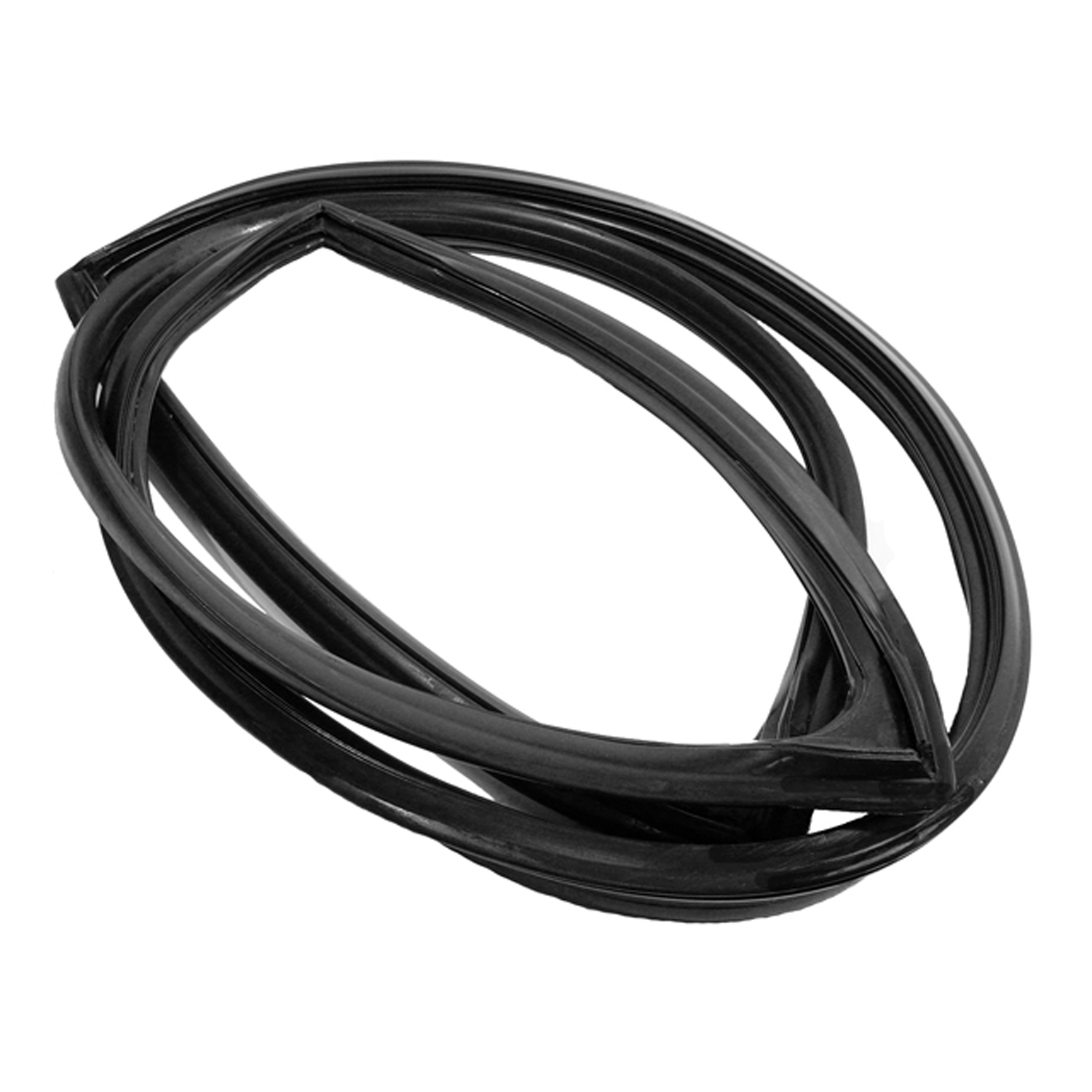 1979 Jeep Wagoneer Vulcanized Windshield Seal. 164-1/4" Long. Each-VWS 0643Vulcanized Windshield Seal. 164-1/4" Long. Each
1979 Jeep Wagoneer Vulcanized Windshield Seal. 164-1/4" Long. Each-VWS 0643Vulcanized Windshield Seal. 164-1/4" Long. EachWhy Choose Metro?
For over 100 years, Metro Moulded Parts has been the pinnacle of quality in classic car restoration parts. Our commitment to precision and authenticity in every component ensures a perfect fit and an OEM-level appearance.
- Expert Craftsmanship & Quality: Each part is a testament to our dedication to reliability and perfection, crafted from original designs and thoroughly tested.
- Advanced Technology: We use cutting-edge techniques to create flawless, long-lasting parts that surpass others in performance.
- SuperSoft Sponge – The Ultimate Door Seal: Not only are our door seals 30% softer than competitors', but they're also guaranteed to never leak. They effectively reduce wind and road noise, enhancing your classic car's comfort and driving experience.
- Proudly American: Our parts are a product of American craftsmanship, made in the USA with a spirit of excellence and heritage.
- Unrivaled Warranty: We back our products with a 30-year industry-leading warranty, a testament to our confidence in their quality.
Join us in preserving the legacy of classic cars with parts that are crafted for perfection, not just made.

